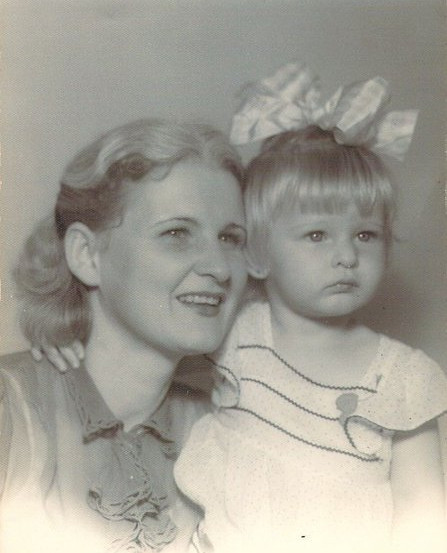
CHILDHOOD
I am Cuban. I was born and raised in Havana, Cuba. My parents were born and raised in Cuba; my grandparents were born and raised in Cuba; my great grandparents were born and raised in Cuba. My great great grandparents were from France and Spain.
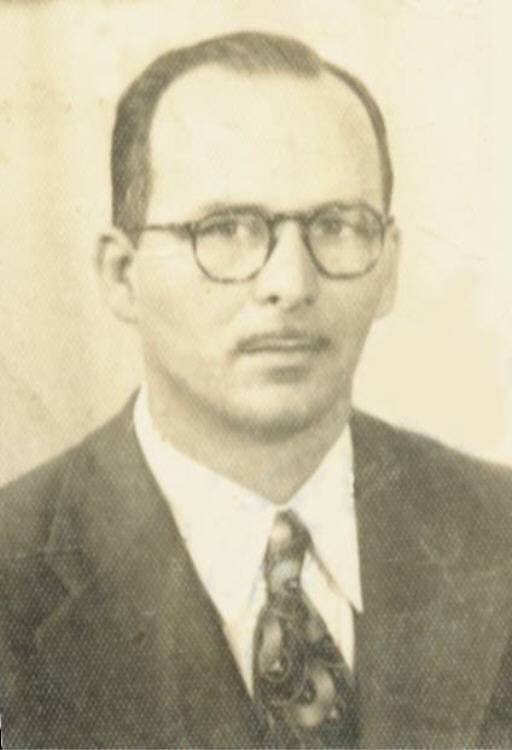 My dad was an electrical engineer. He was a professor of electrical engineering at the University of Havana, and he also owned a repair shop of electric machinery. My mother was a housewife.
My dad was an electrical engineer. He was a professor of electrical engineering at the University of Havana, and he also owned a repair shop of electric machinery. My mother was a housewife.
I attended a bilingual school in Vedado, Havana, Cuba. A fine school. I started taking piano lessons at age 7.
My country Cuba was doing well economically. There was a lot of individual freedom. In the 1950s, Cuba had the second highest standard of Living in Latin America, second only to Argentina, and be aware that Argentina is a large country with a lot of resources.
TECHNICAL TRAINING
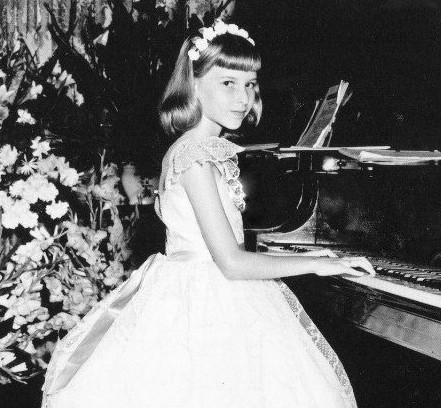 I played Clementi sonatinas, Czerny Dexterity and Velocity, Bach inventions, Chopin etudes. Video clip Bach Invention
I played Clementi sonatinas, Czerny Dexterity and Velocity, Bach inventions, Chopin etudes. Video clip Bach Invention
GOVERNMENT
There was a lot of corruption in government under dictator President Batista. People that complained were lynched. The corruption in government was so bad, that Congress was complaining.. And complaining was very dangerous, because the regime would lynch anybody. So when Congress complained, dictator Batista resolved that problem by firing the Congress. A president is not authorized to fire Congress, but he did it anyway, and it stuck. The way he got the congressmen to accept this was he gave them six months' salaries.
Shortly thereafter dictator Batista fled or left. There was no Congress, and a gang of bandits and outlaws led by Fidel Castro took government over.
THE ESCAPE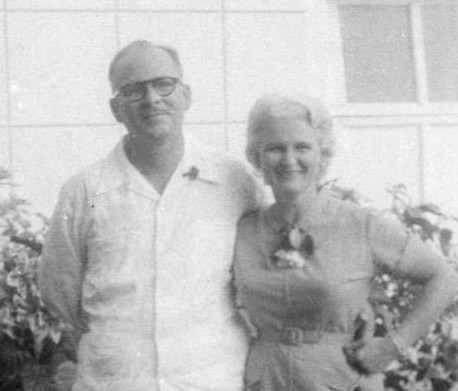 Then there was political turmoil in Cuba. Cuba was becoming Communistic. Private property was being lost, right of assembly was being lost. My parents sent my sister and I to the United States.
Then there was political turmoil in Cuba. Cuba was becoming Communistic. Private property was being lost, right of assembly was being lost. My parents sent my sister and I to the United States.
My dad said good by to my sister and I: "Well, dear daughters, good by and good luck. We may never see you again, but that's alright. That doesn't matter. You all have had an excellent education, and there's a lot of opportunity in the United States, and you'll be doing alright over there. And don't worry about us--we'll be alright over here."
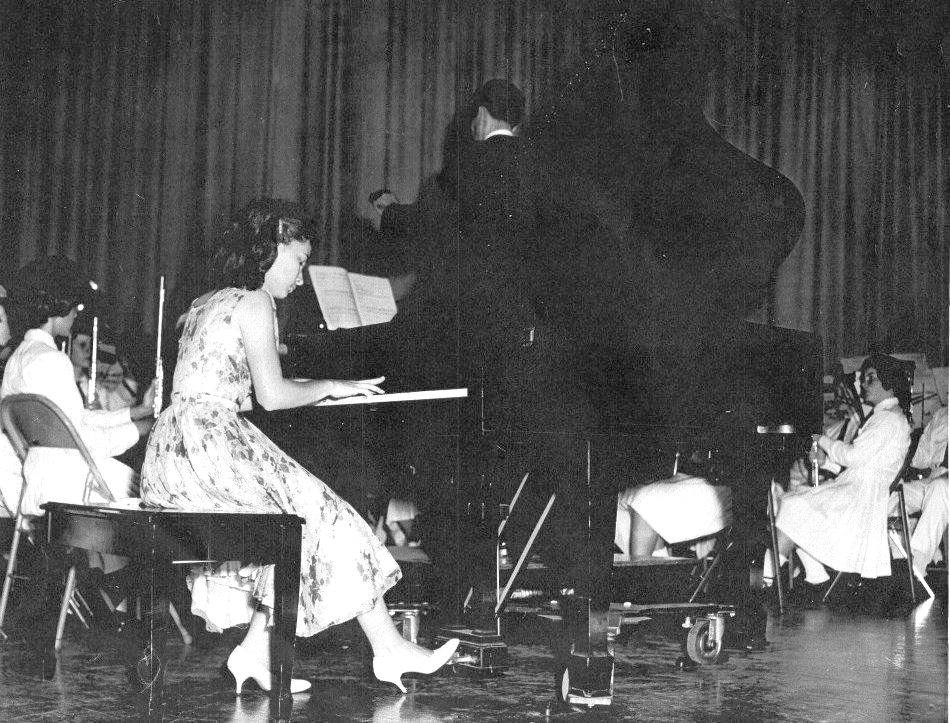
I CRIED
My sister and I stayed with relatives in the United States. We got settled and started attending high school. A few months later I asked my aunt if I could get a piano. She said, "Absolutely not! We have three generations of refugee relatives in this small house, and my husband has to moonlight at home, and we can't have any piano noise here." And I cried about it.
Of course my mother heard about this. She called me on the phone from Cuba and said, "Lillian! what's this! You cried here in Cuba when I forced you to practice piano, and now you cry because you can't have a piano! Excuse me!!"
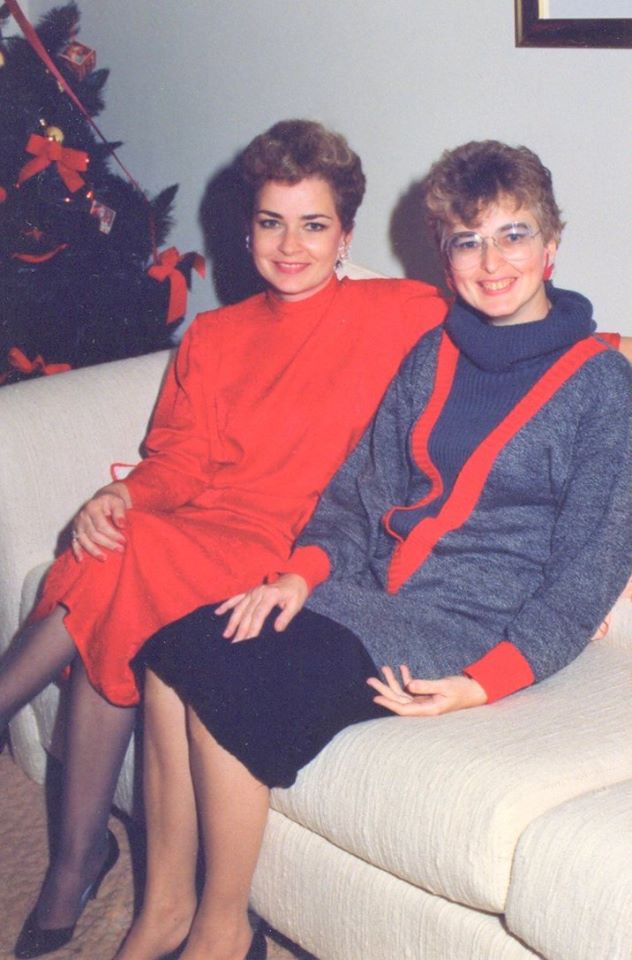 At this point, my dad knew that I was going to be a piano teacher. I don't know how my dad could always know everything about me. He knew things about me that I didn't even know myself.
At this point, my dad knew that I was going to be a piano teacher. I don't know how my dad could always know everything about me. He knew things about me that I didn't even know myself.
ADULT YEARS
We were lucky. My parents were able to come to the United States one year later. My sister Giselle performed piano with her high school band.  I attended University of New Orleans, completed two years in Spanish Education, and then got married.
I attended University of New Orleans, completed two years in Spanish Education, and then got married.
My husband Carl was a geologist, and he worked in construction. We lived in Winchester, Virginia; Montpelier, Idaho; Anchorage, Alaska. I was a housewife and mother for ten years, a legal secretary for ten years. We got divorced.
I moved to New Orleans, Louisiana with my relatives. I married Clark and we moved to Round Rock, Texas.
BEREAVEMENT
My husband Clark had several health problems. And he died. My employer gave me a month off from work for bereavement. During that month I didn't do anything. I just sat around doing nothing. No housecleaning, no picking up. I just got up to prepare meals. I didn't want to visit with friends, I did not want to pray, I did not want to watch TV. And I played piano.
BEING ONE
I had a good acoustic Kawai piano with beautiful sound. The sound of an acoustic piano has a way to blend with the molecules in your body in a way that an electronic keyboard sound cannot do. And when a pianist gets to be familiar with the keys and the ways to touch them to get different effects, the keys are like an extension of your fingers. No, they're not an extension of your fingers--they are your fingers. And when you touch them, they make sounds which come into your body through your ears, the sound gets into your brain, and you are the music, and the piano is you. No, the piano is not you--you are the piano. No, you are not the piano. The piano and you are one. Anyway, I and my piano were one.
THE ONE PIECE
And I knew several pieces, and I could have played several pieces, but I only played one piece. The piece was Etude No. 3 Opus 10 by Chopin. That particular piece had the ability of soothing me and delighting me like nothing else could. I played Section 1 of that piece over and over and over. Many times each day. I never got tired of it. Video Clip Chopin Etude And after one month of this, I was fine, and I returned to work.
AN EXAMPLE OF BEING ONE
An exile fleeing his native country often feels like his heart is being torn to pieces. But in the movie Chopin: Impossible Love, famous piano composer Chopin's fleeing from his native country Poland, was illustrated as his piano being torn to pieces. movie trailer
THE PRESENT
I have been a piano teacher for fifteen years. My students have won superior ratings in auditions of the Music Teachers Association. Video clip of performance by advanced student
I am president of the Bluebonnet Music Teachers Association. This association is affiliated with the Texas Music Teachers Association, and we conduct auditions, performances and examinations of students . video clip BMTA rehearsal of ensemble for convention